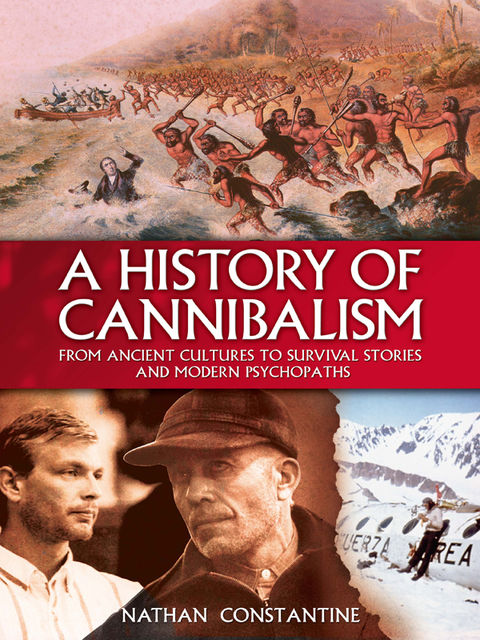Desperation, duty and desire – the three primary motives for breaking what is the oldest taboo in the Western world, cannibalism. This book investigates all three and presents startling evidence that will challenge cultural and moral perceptions as never before.
It explains how in some societies, 'duty' cannibalism has been integral to existence and viewed as both necessary and socially acceptable. If most people find such a concept difficult to comprehend, they might just be able to reserve judgement on those driven to eat companions out of sheer desperation in order to survive.
But, by far the most disturbing of the three types is 'desire cannibalism', practiced by men such as Albert Fish and Ed Gein who ate human flesh simply because they wanted to. If the second type of cannibalism shows what we humans are capable of under extreme stress, this third gives a chilling insight into what some of us require for emotional and sexual gratification.
A History of Cannibalism treats seriously, and with great erudition and understanding, a subject that causes many people to recoil in horror and disbelief. It examines the various – and sometime conflicting – motives, and assesses the background to many notorious cases. It offers no easy answers but a fascinating insight into the forces that lie deep within the human psyche.


